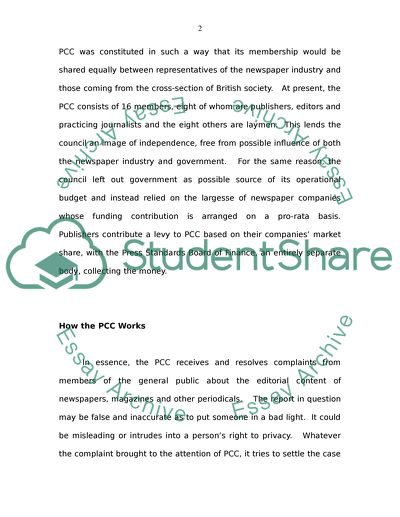Cite this document
(How the Press Complaints Commission Works - Work for the United Case Study, n.d.)
How the Press Complaints Commission Works - Work for the United Case Study. Retrieved from https://studentshare.org/journalism-communication/1502147-british-newspaper-industry
How the Press Complaints Commission Works - Work for the United Case Study. Retrieved from https://studentshare.org/journalism-communication/1502147-british-newspaper-industry
(How the Press Complaints Commission Works - Work for the United Case Study)
How the Press Complaints Commission Works - Work for the United Case Study. https://studentshare.org/journalism-communication/1502147-british-newspaper-industry.
How the Press Complaints Commission Works - Work for the United Case Study. https://studentshare.org/journalism-communication/1502147-british-newspaper-industry.
“How the Press Complaints Commission Works - Work for the United Case Study”, n.d. https://studentshare.org/journalism-communication/1502147-british-newspaper-industry.


